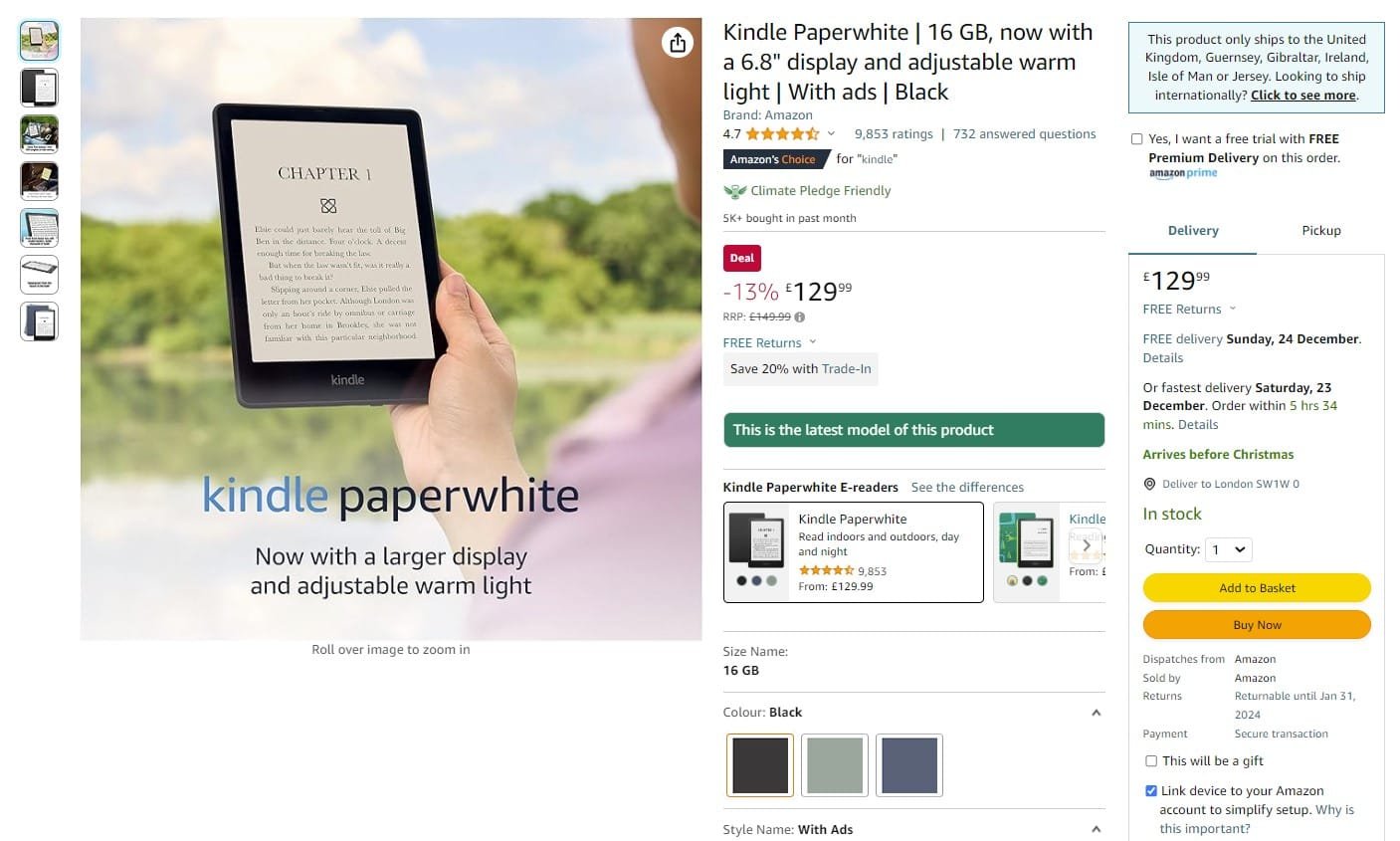It seems that content marketing is in a better place now than it ever was. More than 80% of B2B and just shy under 78% of B2C companies have strategies in place, which means something. All these marketers aren’t learning how to write content and track its ROI without reason. They realize that if they do everything right, it can bring them sustainable results that will last. However, there are some fatal content marketing mistakes that you should avoid at any cost. If you make them, you can say goodbye to your whole strategy, no matter how long you worked on it. And today, we’re looking at what those are.
You’ll learn how to recognize them and fix them. And if you have already made these errors in the past, we’ll give you a few tips on how you can find your way around them in the future.
Content marketing is one of the best digital marketing practices for new start-up businesses, but only if you do everything correctly. If you skip steps and do things on your own, you’ll struggle to see any results. So, read this article carefully, and use the knowledge we’ll share with you to get where you want to be.
Publishing Low-Quality Short Content
To start, let’s talk a bit about the content you’re already publishing. And if you think that you’ll achieve your marketing goals by using low-quality short articles, you’re in for a nasty surprise. These resonate with neither people nor search engines. So, you won’t see much benefit from them. But let’s see why this is.
Think about it this way. If you want to learn how to optimize your site for SEO, will you find more value in a 2,000 words guide or a 500 words article that only covers the basics? It’s clear who holds the edge here, and Google is well aware of it, also.
So, if you want to find yourself among the top search results, you shouldn’t be afraid of going more into the details with your content. It doesn’t matter if we’re talking about blog posts, e-books, or whitepapers. When you write them, you want to explain everything thoroughly. The more value you can give to your readers, the better Google will position you.
Relying on short and low-quality content is one of the most common fatal content marketing mistakes. Alt tag: A man typing on a keyboard.
Sharing Content That Isn’t Original or Relevant
If you want to get noticed by search engines and users, you need to offer a unique opinion. If what you say is what everyone else says, that’s not interesting. Your blog posts will be boring, and no one will want to read them.
To avoid this, try to give each piece of content a unique selling point. Here are a few ideas you can use:
- Offer a unique opinion that’s different from others in your niche
- Include a case study you did or found
- Use the data from a survey you ran
Another thing you need to be careful about is outdated content. Consumers are becoming pickier and pickier about the things they’ll engage with, so you must keep your content relevant. But it’s not all about the readers. If Google’s algorithm spots outdated information in your content, that piece won’t find its way to the top of SERPs. And if it’s already there, it will get pushed further down.
Even if you see good results from your content, you need to check it and update it regularly. Not doing this is one of the fatal content marketing mistakes that can cost you a lot.
Failing to Target Your Buyer Personas
Good content generates as much as three times more leads than paid search. And while that statistic is incredible, you won’t get much from it if you’re not creating content for your buyer persona.
To clarify, a buyer persona is a fictional person that is your perfect customer. It should have all the traits, interests, and benefits that your target audience has. Every business should have at least one. So, create it and make it the main point of reference for your content strategy.
Once you have it, introduce your marketing team to it and make sure everyone understands it well. Only then can you start planning your content. Doing it the other way round won’t get you far, and we can promise you that.
For your strategy to work well, you need to know who your audience is. Alt tag: Audience written on a whiteboard.
Focusing Too Much On SEO
Don’t get us wrong, SEO is important, and it’s a great driver of traffic to your website. You should undoubtedly write SEO-friendly content, but you need to be careful not to get carried away. If you over-optimize it, you’ll ruin your chances of ranking organically.
And here, we mean things like adding keywords to every other sentence, building lots of low-quality links to a single page, or creating doorway pages. All of these practices are considered spammy, and they’ll bring you more harm than benefits.
These days, search engines are smart enough to notice when you’re trying to trick them in order to rank higher. Those days are over, so don’t even try to do it. You’re much more likely to get a penalty than to get to the top of SERPs.
Instead, let SEO take the backseat and focus more on giving your users a nicer experience. Write like you’re speaking to an actual human, as that’s what you’re essentially doing. If you can create an article valuable to a human, search engines will value it too.
Thinking Content Promotion Isn’t Important
Think about how many times you’ve put your heart and soul into a piece of content, and in return, you’ve got three views. Don’t blame your writing just yet, as it might not be the problem. As a matter of fact, it’s a lot more possible that the issue might lie in your promotion strategy.
Remember that the reason you’re creating different kinds of sharable content is that you can easily promote it. And if you don’t do that, you can’t expect to see results. That being said, ”build it, and they will come” philosophy can work from time to time, but it’s not something you can rely on. So, you’ll need to put some effort into promoting your content if you want to attract visitors.
Promotion is crucial if you want to drive people to your site. Alt tag: A person researching fatal content marketing mistakes.
Conclusion
So, have you made some of the fatal content marketing mistakes? If you have, don’t panic. Now you know everything you should, so just go back and fix what needs fixing in your strategy. Rearrange it to focus on user experience, write like you’re speaking to your friend, and you’ll be fine. In the long run, it’ll pay off.
















Leave a Reply